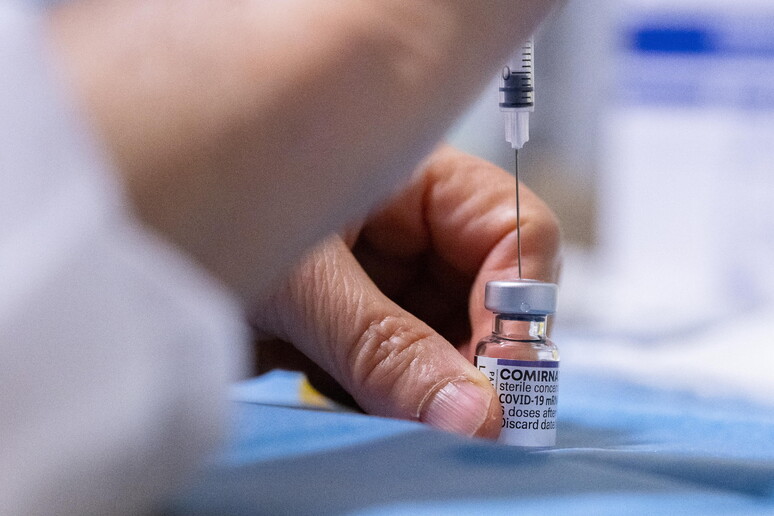The Department of Health, led by Robert F. Kennedy Jr, has announced that any new vaccine will have to pass placebo clinical trials before approval. Experts fear this could cause delays in availability and raise important ethical questions. Before taking office, Kennedy made unsubstantiated claims about the safety of vaccines, to which he is notoriously opposed.
While currently, new vaccines undergo clinical trials in which one group receives immunization and the other a placebo, usually a simple saline injection, Kennedy’s policy would require placebo-controlled trials for all new vaccines, including updated versions of existing vaccines such as that against Covid-19 or the annual flu shot. Experts also point out that many vaccinations, including childhood vaccinations for hepatitis A and B, rotavirus, polio and mumps, were already placebo tested at their inception.
A spokesperson for the Department of Health and Human Services (HHS) told the Washington Post that “all new vaccines will be tested for safety in placebo-controlled studies before licensure—a radical departure from past practices.” However, the agency did not specify which new vaccines are involved or whether the measure includes, for example, updated batches against Covid-19.
This proposal, while appearing rigorous, could conflict with basic principles of medical ethics and clinical trials. According to health experts, in settings where effective vaccines already exist, administering a placebo means voluntarily depriving a group of protection, exposing them to serious risks—a practice considered ethically unacceptable under international medical guidelines, such as the Declaration of Helsinki.
Peter Lurie, a former Food and Drug Administration (FDA) official, warns that mandating placebo testing even for simple updates of already-approved vaccines would be costly and could discourage manufacturers from bringing improved and effective versions to market.












